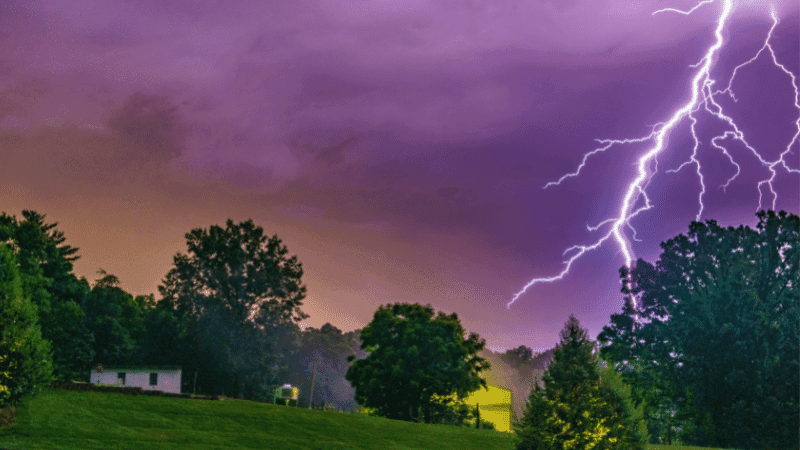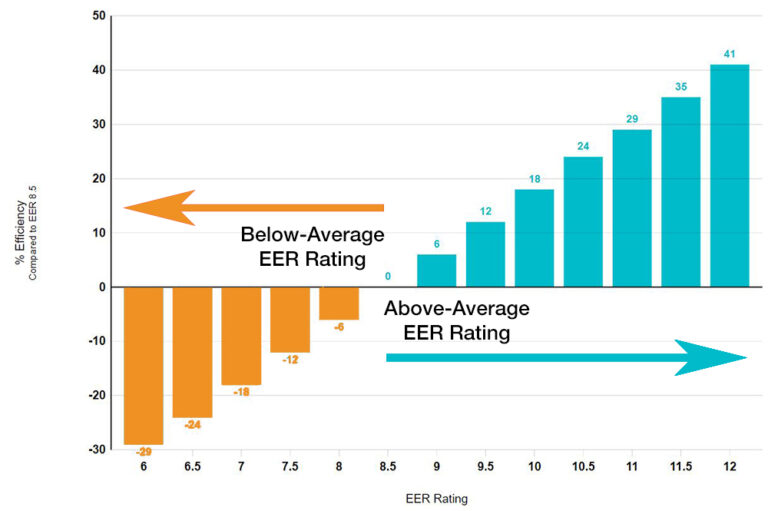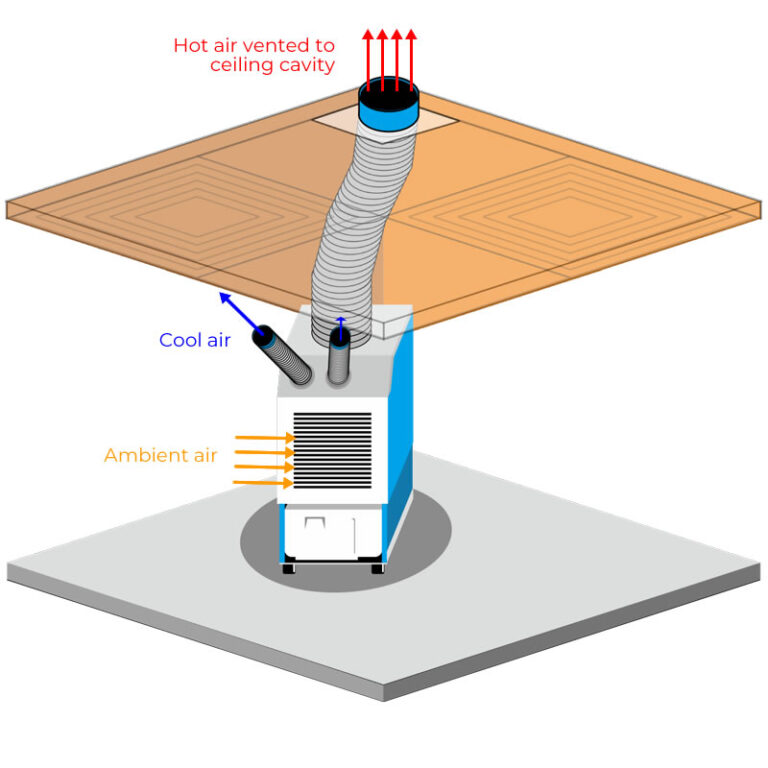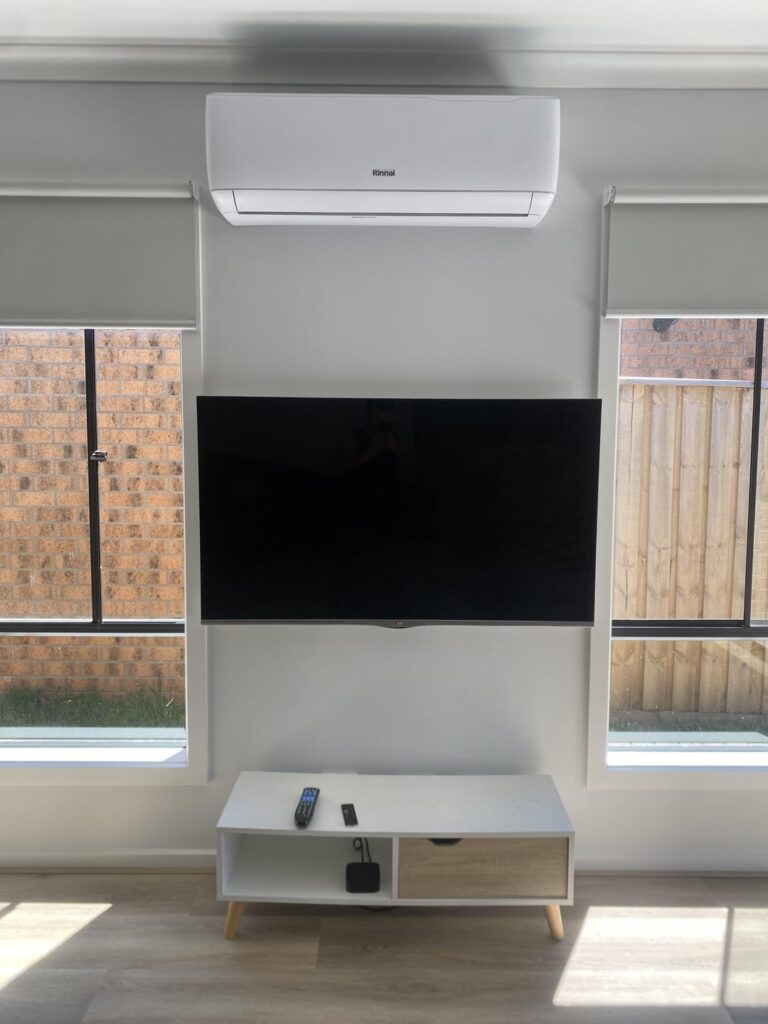Should I Turn Off My Air Conditioner During A Thunderstorm? Expert Advice
Yes, you should turn off your air conditioner during a thunderstorm. This protects your unit from potential electrical surges.
Thunderstorms can bring powerful lightning strikes that may cause electrical surges. These surges can damage household appliances, including air conditioners. Turning off your air conditioner during a thunderstorm helps safeguard it from potential harm. Electrical surges not only damage the unit but also pose a fire hazard.
Additionally, turning off the air conditioner can help conserve energy. Staying safe during a thunderstorm involves taking necessary precautions, such as unplugging sensitive electronics. Protecting your air conditioner ensures it remains functional and extends its lifespan. Always prioritize safety by disconnecting your air conditioner during severe weather conditions. This simple step can save you from costly repairs.
Safety Concerns
Thunderstorms can be thrilling to watch, but they come with certain risks. One common question people ask is: Should I turn off my air conditioner during a thunderstorm? This section covers the safety concerns you should consider.
Electrical Hazards
During a thunderstorm, lightning can strike near your home. This can cause electrical hazards. Your air conditioner is connected to the electrical system of your house. A lightning strike can damage this system.
Electrical hazards include short circuits and fires. The electrical components of your air conditioner are at risk. This can lead to expensive repairs or even replacement.
Power Surges
Thunderstorms often cause power surges. These surges happen when lightning strikes power lines. A power surge can send a high amount of electricity through your home’s wiring.
Your air conditioner is sensitive to these surges. A sudden spike in electricity can damage the unit. To protect your air conditioner, consider turning it off during a storm.
Here are some ways to protect your air conditioner from power surges:
- Use a surge protector.
- Turn off the air conditioner during storms.
- Unplug the unit if possible.
By taking these steps, you can reduce the risk of damage.
Expert Opinions
Many homeowners wonder if they should turn off their air conditioners during a thunderstorm. The answers from experts can help make this decision easier. Let’s explore what the experts have to say.
Electrical Engineers
Electrical engineers emphasize the importance of protecting your appliances. During a thunderstorm, lightning strikes can cause power surges. These surges can damage your air conditioner.
Turning off the air conditioner can prevent potential damage. Surge protectors can help but might not be enough. Lightning can produce very high voltages.
Here are some tips from electrical engineers:
- Unplug your air conditioner during a storm.
- Invest in a high-quality surge protector.
- Consider whole-house surge protection systems.
Hvac Specialists
HVAC specialists advise turning off the air conditioner during a thunderstorm. Sudden power outages can harm the unit.
Restarting the air conditioner after a power surge can be risky. HVAC specialists suggest waiting until the storm ends.
Follow these steps according to HVAC specialists:
- Turn off the air conditioner before the storm begins.
- Wait for the storm to pass completely.
- Restart the air conditioner safely.
These steps can help extend the life of your air conditioner.
Impact On Appliances
Turning off your air conditioner during a thunderstorm can protect your home. Electrical storms bring the risk of power surges. These surges can damage appliances. Let’s explore the impact on your air conditioner and other household devices.
Air Conditioner Damage
Power surges can severely damage your air conditioner. When lightning strikes, it creates a surge. This surge can travel through power lines into your home. The surge can burn out the motor of your air conditioner. Replacing the motor is costly.
Surges can also fry the air conditioner’s circuit board. The circuit board controls the system. Without it, the air conditioner won’t function. Repairing or replacing the circuit board is expensive.
During a thunderstorm, it’s wise to turn off the air conditioner. This simple step can prevent costly repairs.
Other Household Devices
Power surges don’t just affect air conditioners. They can harm other household devices too. Here are some common devices that could be impacted:
- Televisions
- Computers
- Refrigerators
- Microwaves
Each of these devices contains sensitive electronics. A surge can easily damage them. Replacing these devices can be expensive. Turning off these devices during a storm can save you money.
Consider using surge protectors for added safety. Surge protectors can help absorb the extra voltage. This can prevent damage to your devices. They are a small investment for peace of mind.
Take action to protect your home and appliances. A few simple steps can save you from costly damage.
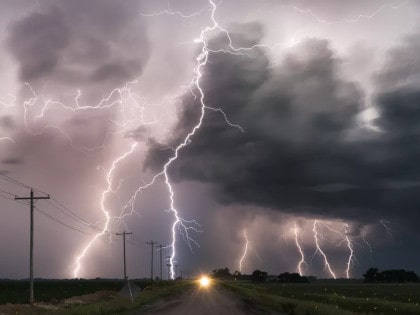
Credit: www.ars.com
Protective Measures
Protecting your home during a thunderstorm is crucial. One important area to focus on is your air conditioner. Thunderstorms can cause power surges that might damage your AC unit. Taking protective measures can save you from costly repairs.
Surge Protectors
Using a surge protector is a smart move. It safeguards your AC from power spikes. Surge protectors can absorb excess voltage, preventing damage. They are easy to install and affordable. This simple device can prolong the life of your air conditioner.
Consider getting a whole-house surge protector. This device protects all electronics, not just your AC. It’s a good investment for overall home safety.
Unplugging Devices
During a storm, it’s wise to unplug devices. This includes your air conditioner. Unplugging prevents electrical damage from surges. It’s the safest option to avoid costly repairs.
Follow these steps to unplug your air conditioner:
- Turn off the AC unit.
- Unplug it from the wall outlet.
- Wait until the storm passes before plugging it back in.
Unplugging might seem like a hassle but it’s worth it. You can save your air conditioner from potential damage.
| Protective Measure | Benefit |
|---|---|
| Surge Protector | Protects from power spikes |
| Unplugging Devices | Avoids electrical damage |
Insurance Considerations
When considering whether to turn off your air conditioner during a thunderstorm, insurance considerations play a crucial role. Your homeowner’s policy and the claim process can impact your decision.
Homeowner’s Policies
Check your homeowner’s policy to understand your coverage. Most policies cover damage from thunderstorms. This includes power surges that can harm your air conditioner. Ensure your policy covers electrical surges and lightning strikes.
- Read the fine print in your policy.
- Confirm coverage for electrical damage.
- Know the limits and exclusions.
Policies may have different terms. Some cover only specific causes of damage. Always keep your policy updated.
Claim Process
If your air conditioner gets damaged, you will need to file a claim. The claim process can be tedious. Follow these steps for a smoother experience:
- Document the damage with photos.
- Contact your insurance company immediately.
- Provide all necessary information and documentation.
- Get an estimate for repair or replacement.
- Follow up with your insurance agent regularly.
A quick and organized claim process ensures you get compensated. Keep records of all communication with your insurer.
Understanding your insurance considerations helps make the best decision during a thunderstorm. Protect your air conditioner and ensure proper coverage.

Credit: www.stoneheatair.com
Environmental Factors
During a thunderstorm, environmental factors play a crucial role in deciding whether to turn off your air conditioner. Understanding these factors can help you make an informed decision for your home’s comfort and safety.
Humidity Levels
Thunderstorms can significantly increase humidity levels. High humidity can make your home feel warmer and uncomfortable. Air conditioners help in reducing this humidity by removing excess moisture from the air. If you turn off your AC during a thunderstorm, the indoor humidity might rise, making your home feel sticky and hot. This can be especially troublesome if someone in your home has respiratory issues.
Temperature Control
Thunderstorms often lead to sudden changes in temperature. Your air conditioner plays a key role in maintaining a stable indoor temperature. Turning off your AC can cause temperature fluctuations inside your home. A consistent indoor temperature is crucial for comfort and can prevent issues like mold growth, which thrives in warm, damp conditions. Keeping your AC on helps in maintaining a balanced indoor environment.
| Environmental Factor | Impact on Home |
|---|---|
| Humidity Levels | Increased discomfort and potential respiratory issues |
| Temperature Control | Fluctuations leading to potential mold growth |
Alternative Cooling Methods
Turning off your air conditioner during a thunderstorm is a wise move to protect your appliance and home. But how can you stay cool without it? Let’s explore some alternative cooling methods that keep you comfortable and safe during a storm.
Fans
Fans are a great way to circulate air and create a breeze. They are affordable and easy to use. Here are some options:
- Ceiling Fans: Use ceiling fans to create a gentle breeze in rooms.
- Portable Fans: Place portable fans in strategic spots for maximum airflow.
- Window Fans: Use window fans to pull cool air into your home.
Fans consume less electricity than air conditioners. This makes them a cost-effective solution during thunderstorms.
Natural Ventilation
Natural ventilation involves using the natural flow of air to cool your home. This method is eco-friendly and cost-free. Follow these tips:
- Open Windows: Open windows on opposite sides to create a cross-breeze.
- Use Curtains: Close curtains during the day to block out heat.
- Night Cooling: Open windows at night to let in cooler air.
Utilize natural ventilation to maintain comfort without relying on electricity.
| Method | Benefits |
|---|---|
| Fans | Affordable, easy to use, energy-efficient |
| Natural Ventilation | Eco-friendly, cost-free, effective |
Long-term Effects
Thunderstorms can impact your air conditioner in multiple ways. Understanding the long-term effects can help you make better decisions. Let’s explore the key areas affected by thunderstorms.
Appliance Lifespan
Your air conditioner may suffer from frequent power surges. These surges can damage crucial components. Over time, this can shorten the appliance lifespan.
Here are some common issues caused by power surges:
- Burnt circuit boards
- Damaged compressors
- Faulty capacitors
Replacing these parts can be costly. Preventive measures can help protect your investment.
Energy Efficiency
Running your air conditioner during a thunderstorm can affect energy efficiency. Frequent stopping and starting strains the system. This can lead to higher energy consumption.
Consider these tips to improve energy efficiency:
- Turn off your air conditioner during severe weather.
- Use surge protectors to guard against voltage spikes.
- Schedule regular maintenance checks.
Following these steps can keep your air conditioner running smoothly. This ensures lower energy bills and a longer-lasting appliance.
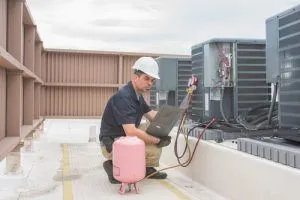
Credit: www.ambientedge.com
Frequently Asked Questions
Is It Safe To Use Ac During Thunderstorms?
Using AC during thunderstorms is not safe. Power surges can damage the unit. Unplug it to prevent risks.
Should I Turn Off My Ac During Lightning?
Yes, turning off your AC during lightning is advisable. It protects the system from power surges and potential damage.
What Should You Turn Off In A Thunderstorm?
Turn off electrical appliances, including TVs, computers, and air conditioners. Unplug devices to prevent damage from power surges.
Conclusion
Turning off your air conditioner during a thunderstorm can protect your home and equipment. It’s a simple precaution that ensures safety. By doing so, you minimize the risk of power surges and damage. Prioritize safety and enjoy peace of mind during storms.
Stay informed and stay safe with these easy steps.

